In our latest podcast episode, we delved into LL Kirchner’s memoir “Blissful Thinking: A Memoir of Overcoming the Wellness Revolution,” a profound exploration of one woman’s journey through spiritual healing after divorce. The conversation between my friend, Jaime, and me offers fascinating insights into the modern wellness industry and personal growth paths that many of us find ourselves navigating.
At its core, Lisa’s story revolves around her struggle to maintain sobriety and rebuild her life after her husband unexpectedly asked for divorce while they were living in Qatar. This devastating blow sent her spiraling into an existential crisis, questioning her self-worth and significance. Rather than succumbing to old destructive patterns, Lisa embarks on a global wellness odyssey spanning yoga teacher training in India, silent meditation retreats, energy healing sessions, and various spiritual practices.
The podcast discussion thoughtfully examines the concept of “emotional sobriety,” described as being present with all emotions without allowing any single one to define or control you. This powerful idea resonated with both hosts, who acknowledged the challenge but importance of acknowledging feelings without being consumed by them. The conversation referenced Buddhist nun Pema Chödrön’s teachings about addressing root causes rather than merely treating symptoms, comparing people beginning meditation to “children with scabies old enough to scratch the itch but not old enough to know that scratching makes it worse.”
One particularly compelling segment of the discussion focused on the wellness industry itself—a trillion-dollar global enterprise that often commodifies self-improvement. The hosts acknowledged the privilege inherent in wellness pursuits, referencing Maslow’s hierarchy of needs and noting that focusing on spiritual growth requires having basic needs already met. This brought up important questions about accessibility and the sometimes elitist nature of wellness culture, while still validating the genuine need for healing tools.
Throughout the conversation, we explore various wellness approaches mentioned in Lisa’s memoir, from cold plunges (including one we did ourselves… sort of!) to Vipassana meditation, a practice involving ten days of complete silence. They discussed the concept of the “inner Buddha”—a golden essence of pure love supposedly housed within each person—and how meditation practices aim to help that essence shine more brightly.
What makes this discussion particularly valuable is the balanced perspective offered. While honoring Lisa’s journey and the validity of exploring different healing modalities, the hosts maintained a healthy skepticism about some of the more esoteric practices. We come to truly understand that what works for one person might not work for another, and that the “right way” is ultimately the path that helps an individual find sustainable healing.
Perhaps most poignantly, we highlight Lisa’s ultimate revelation: “For the duration of my spiritual search, I’d been fixated on detecting my faults. The idea that I didn’t need to change myself was a revolution.” This profound shift from fault-finding to self-acceptance represents the true transformation at the heart of her story—discovering that healing doesn’t necessarily mean fixing oneself, but rather embracing oneself with compassion.
The episode concludes with Rumi’s beautiful poem: “Be crumbled, so wildflowers will come up where you are. You have been stony for too many years. Try something different. Surrender.” This encapsulates the essence of Kirchner’s journey and the universal human experience of finding beauty in breakdown, growth through pain, and ultimately, the transformative power of self-love.


